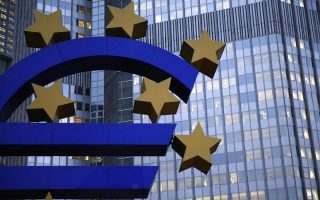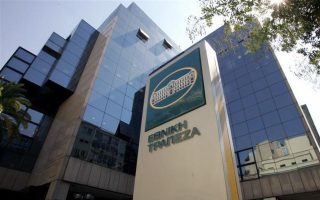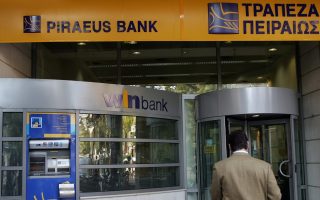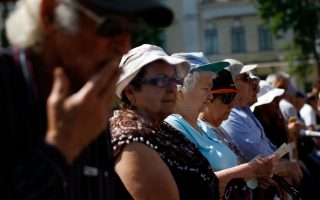Eurozone discusses short-term Greece loan after bailout deal
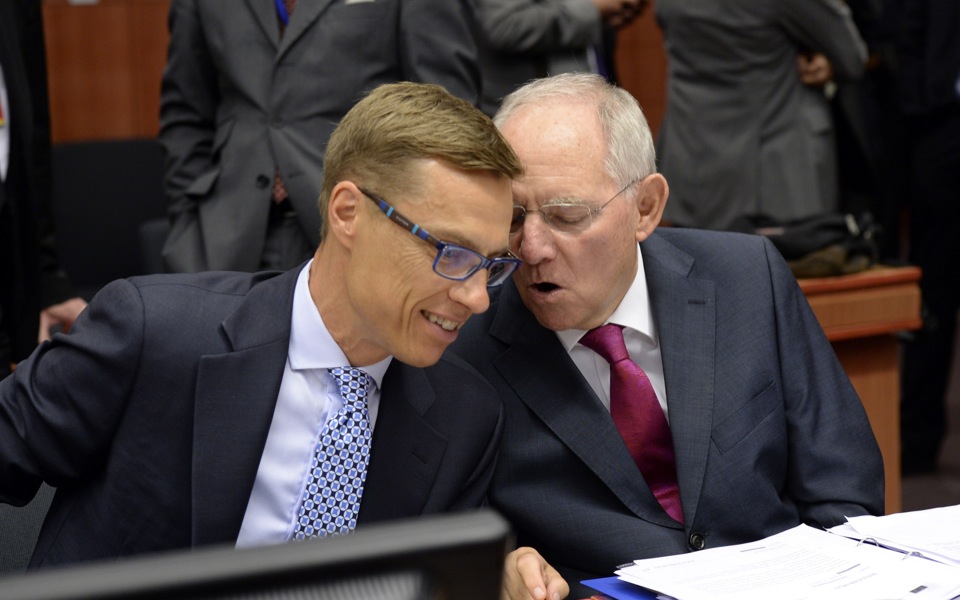
Eurozone finance ministers on Monday began what Finland said would be difficult new talks for a loan to help Greece meet short-term needs after it struck a three-year bailout deal.
"The big issue for today is going to be bridge financing," Finnish Finance Minister Alexander Stubb told reporters as he joined his counterparts in the 19-country eurozone in Brussels.
"I foresee those negotiations being very difficult because I don't see many countries having a mandate to give money without any conditions," said Stubb, whose government took a hard line in bailout negotiations with Athens.
Following a 17-hour summit in Brussels, Greek Prime Minister Alexis Tsipras struck a deal early Monday with eurozone leaders requiring him to push through the Greek parliament a series of tough austerity measures by Wednesday.
After that happens, Greece can begin formal negotiations on a three-year bailout worth up to 86 billion euros ($96 billion), which comes on top of two other rescues over the last five years worth 240 billion euros.
The last-ditch deal is aimed at keeping Greece's economy afloat over the longer term amid fears its banks, which have been closed since the end of June, were about to finally run dry and trigger its exit from the single currency.
In the meantime Greece needs an emergency bridging loan to help maintain public services and ensure needy people get the money to survive.
"We must find short-term solutions in relation to Greece's financial deadlines," said EU Economic Affairs Commissioner Pierre Moscovici, who has been among the most sympathetic to Greece's plight.
"And were going to start to speak about them today," he said as he arrived to represent the European Commission, the executive of the 28-nation EU, at the talks.
In their summit statement, eurozone leaders agreed to take note of "urgent financing needs" to meet debt payments of 7.0 billion euros by July 20, including 4.2 billion euros owed the European Central Bank, with another 5.0 billion by mid-August.
Moscovici said the finance ministers were also to discuss ways to help Greece set aside assets for privatization worth up to 50 billion euros in a special fund based in Athens.
Such a fund was called for as part of the bailout deal.
The Eurogroup of finance ministers is also due to chose a new president from between its incumbent Jeroen Dijsselbloem of the Netherlands and Luis de Guindos of Spain.
[AFP]

